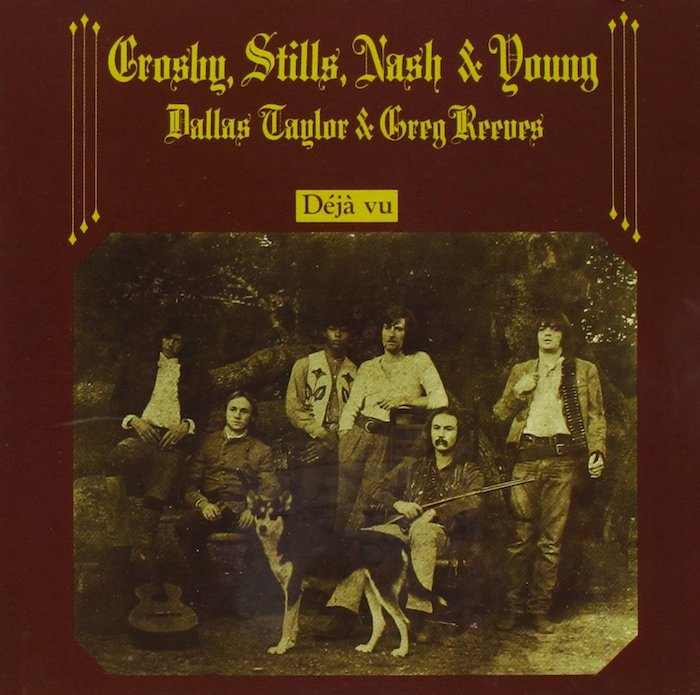 Crosby, Stills and Nash’s self-titled 1969 debut album introduced one of rock’s first and most celebrated supergroups, a trio whose credits included the Byrds (David Crosby), Buffalo Springfield (Stephen Stills) and England’s Hollies (Graham Nash). Each member brought distinctive talents to the mix, resulting in an album loaded with such instant classics as “Marrakesh Express,” “Wooden Ships,” “49 Bye-Byes” and “Suite: Judy Blue Eyes,” the latter about Stills’ ex-girlfriend, folksinger Judy Collins.
Crosby, Stills and Nash’s self-titled 1969 debut album introduced one of rock’s first and most celebrated supergroups, a trio whose credits included the Byrds (David Crosby), Buffalo Springfield (Stephen Stills) and England’s Hollies (Graham Nash). Each member brought distinctive talents to the mix, resulting in an album loaded with such instant classics as “Marrakesh Express,” “Wooden Ships,” “49 Bye-Byes” and “Suite: Judy Blue Eyes,” the latter about Stills’ ex-girlfriend, folksinger Judy Collins.
When a debut record finds an audience as large as that one did, the pressure intensifies to deliver a sophomore release that will maintain the momentum rather than suggest that the first record was a fluke. Déjà vu, which came out in March 1970, delivered the goods and then some. For starters, it turned a supergroup into a super-supergroup with the addition of Stills’ old Buffalo Springfield bandmate, Neil Young, who was already a solo star thanks to his eponymous 1968 debut and 1969’s Everybody Knows This Is Nowhere, which he recorded with his backup band Crazy Horse.
A deluxe new edition of Crosby, Stills, Nash & Young’s Déjà vu offers an opportunity to reappraise this album and also peek behind the curtain, see how it came together, and pick through some of the considered material that didn’t wind up on the original release. The attractively packaged set includes a remaster of the original LP—offered on both 180g vinyl and CD—that represents a significant sonic upgrade. Three additional CDs feature a total of 38 demos, session outtakes and alternate versions, 29 of which have not previously been released. Also included are new liner notes by rock writer (and later, filmmaker) Cameron Crowe and photographer, guitarist, and record producer Joel Bernstein (who, incidentally, shot the cover for CSN&Y’s 1971 live album, 4 Way Street).
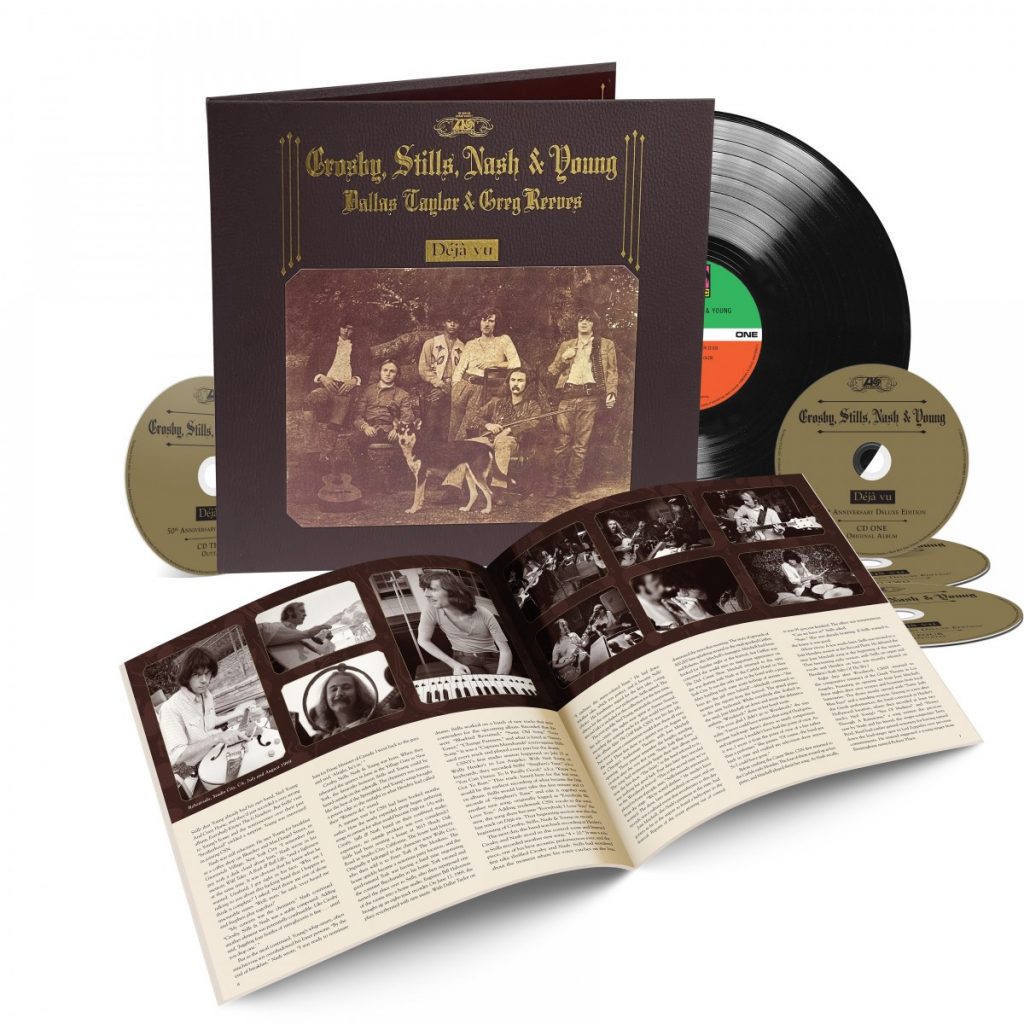 Like the Beatles’ White Album, Déjà vu turned out to be more of a showcase for four large individual talents than a true meeting of the minds. Most of the performances were stitched together from individual sessions, and as for the songwriting, the set includes only one number with shared credits: “Everybody I Love You,” a Stills/Young creation that finds the band bowing out at the end of side two in a way that recalls the Beatles’ final track on Abbey Road, which had been released six months earlier.
Like the Beatles’ White Album, Déjà vu turned out to be more of a showcase for four large individual talents than a true meeting of the minds. Most of the performances were stitched together from individual sessions, and as for the songwriting, the set includes only one number with shared credits: “Everybody I Love You,” a Stills/Young creation that finds the band bowing out at the end of side two in a way that recalls the Beatles’ final track on Abbey Road, which had been released six months earlier.
The rest of the album consists of two songs each from Stills (“Carry On,” “4+20”), Nash (“Teach Your Children,” “Our House”), Crosby (“Almost Cut My Hair,” the title cut), and Young (“Helpless,” “Country Girl”), plus “Woodstock” by Joni Mitchell, who was Nash’s girlfriend at the time and the inspiration for “Our House.” Though Young adds to the magic, especially on his own tracks, he seems barely present on some numbers, which sound as if they could have appeared on the previous LP.
Related: Our Album Rewind of Neil Young & Crazy Horse’s Everybody Knows This is Nowhere
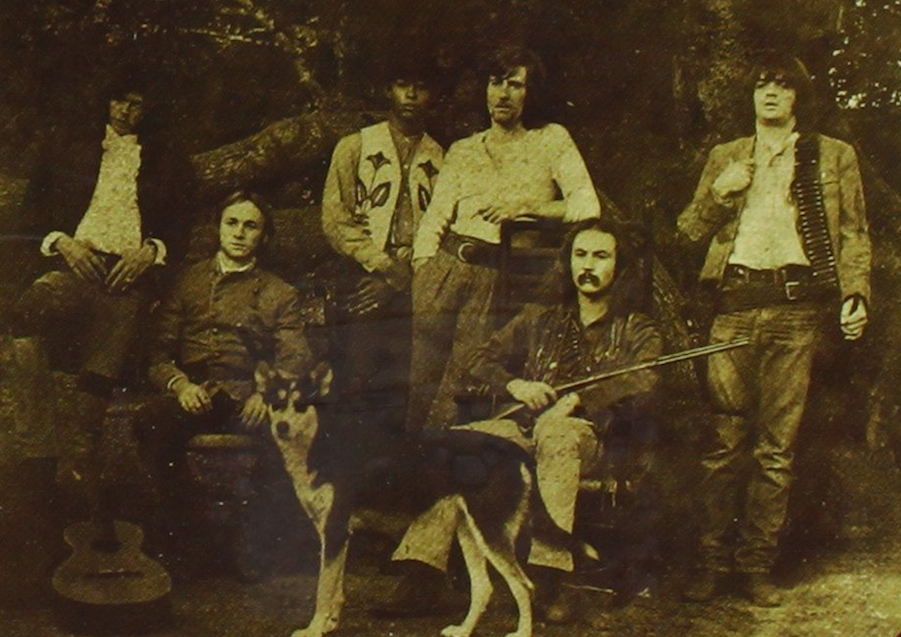 The folk-, rock- and country-flavored music still impresses. Young’s “Country Girl” and “Helpless” are the most enduring standouts, but the other tracks all feature superb guitar work—and interplay—especially from Young and Stills, as well as stellar vocal harmonies.
The folk-, rock- and country-flavored music still impresses. Young’s “Country Girl” and “Helpless” are the most enduring standouts, but the other tracks all feature superb guitar work—and interplay—especially from Young and Stills, as well as stellar vocal harmonies.
Some of the lyrics haven’t aged well, however. Several of Nash’s and Mitchell’s idealistic hippie musings now sound dated, as does “Almost Cut My Hair,” from Crosby, who incidentally has a lot less to cut on his head today than he did in 1970 (though he apparently still doesn’t often pull out scissors).
Like the demos, outtakes and alternate versions on many other deluxe reissues, the ones here include little that outshines the material on the original album. But just because you can see why these tracks didn’t make the cut doesn’t mean they’re not fascinating.
In fact, there are all sorts of buried treasures on these discs, such as a version of “Our House” sung by Nash and Mitchell, a demo of Young’s exquisite “Birds” on which he duets with Nash, and a dreamy early version of Crosby’s “The Lee Shore”—a song that would surface on 4 Way Street—that features the full group. Also: an alternate, harmonica-spiced reading of “Helpless”; Stills’ “Know You Got to Run,” the first song the quartet ever recorded together; and Crosby’s “Laughing,” which would show up in more finished form on his underappreciated 1971 solo debut, If I Could Only Remember My Name.
If you’re a fan of the original Déjà vu, you’ll find plenty of reasons here to justify an upgrade.

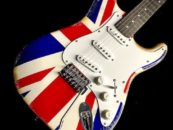
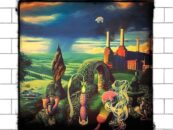
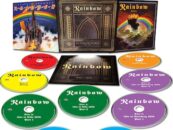
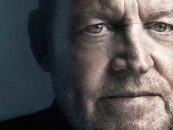

1 Comment so far
Jump into a conversationOh, that demo of “Our House” is spectacular. Sweet and intimate and funny, with that well-placed expletive and slightly out-of-tune piano.